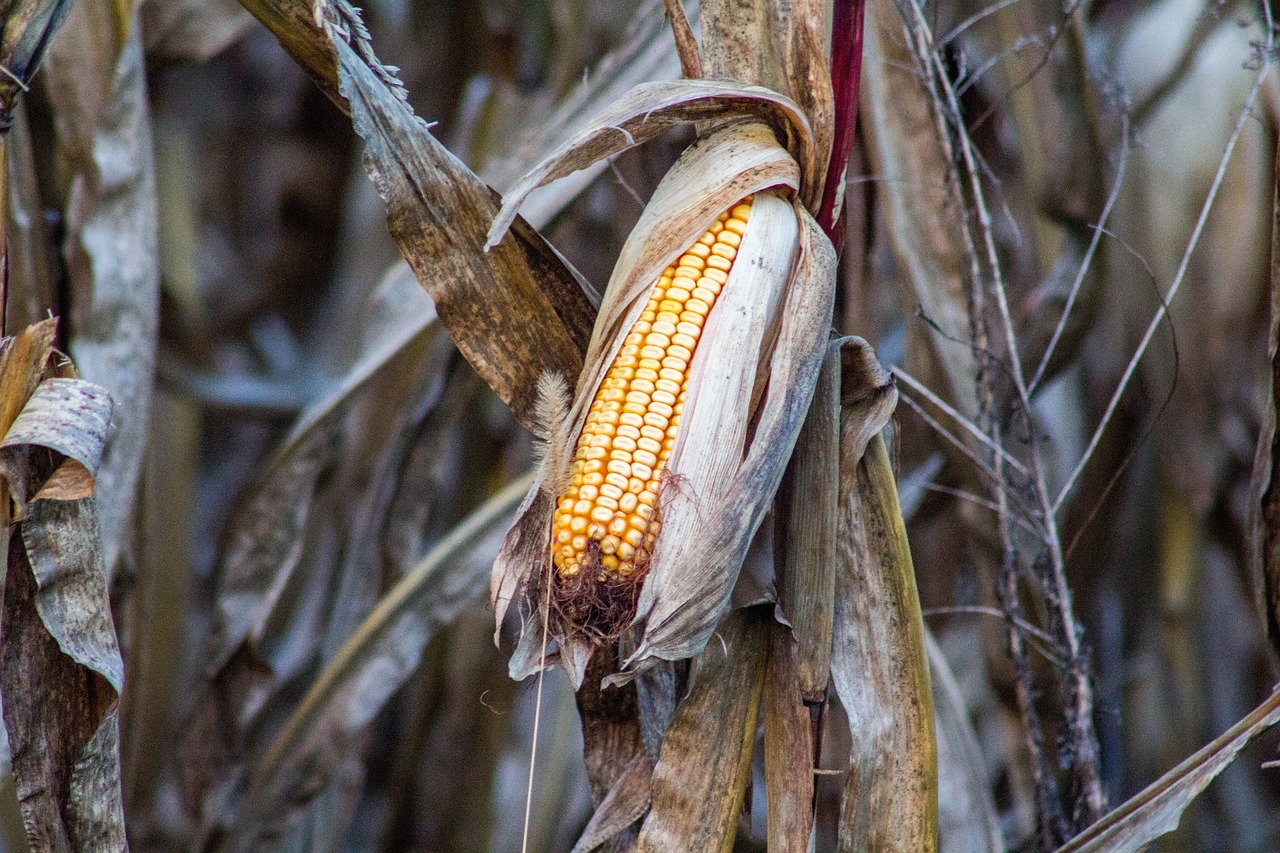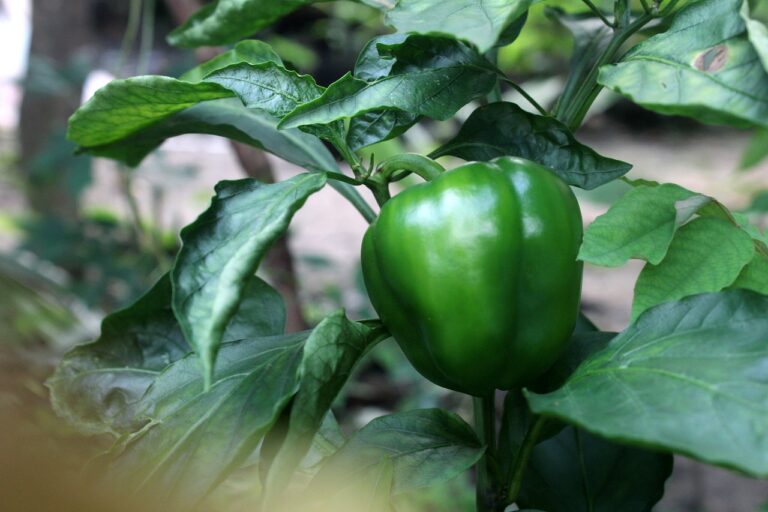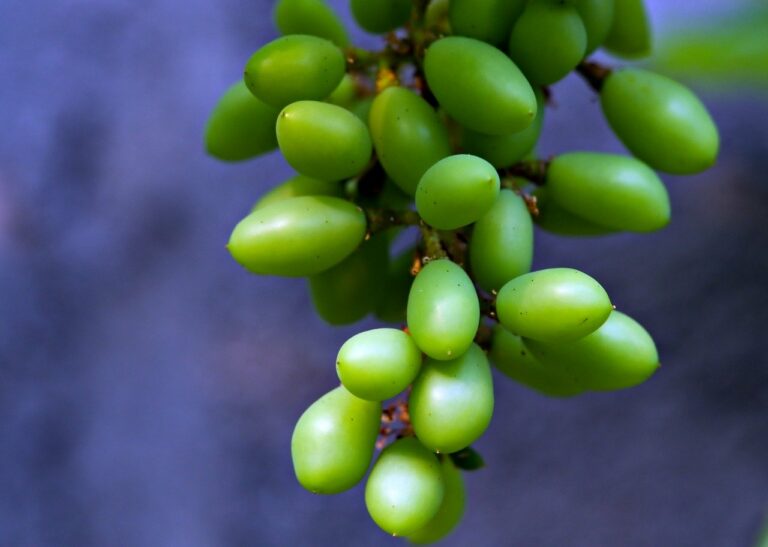The Impact of Agroecology on Water Quality and Conservation: Diamondexch999 login, Sky exchange sign up, Diamondexch999
diamondexch999 login, sky exchange sign up, diamondexch999: Agroecology is a farming approach that emphasizes sustainability, biodiversity, and the integration of ecological principles into agricultural practices. One of the key benefits of agroecology is its positive impact on water quality and conservation. In this article, we will explore how agroecology can help protect our water resources and create a more sustainable future for agriculture.
The Impact of Agroecology on Water Quality
1. Reduced Chemical Inputs
Agroecology promotes the use of natural and organic methods for pest control, fertilization, and soil management. By reducing the reliance on synthetic chemicals, agroecology helps to prevent the contamination of water sources with harmful pesticides and fertilizers. This leads to improved water quality and a healthier environment for both humans and wildlife.
2. Soil Health
Healthy soils are essential for clean water. Agroecological practices focus on building soil health through practices such as cover cropping, crop rotation, and composting. These practices help to increase soil organic matter, improve soil structure, and enhance water infiltration. As a result, water runoff is reduced, and water quality is improved as pollutants are filtered out before reaching water bodies.
3. Protection of Riparian Zones
Agroecology emphasizes the importance of maintaining buffer zones along water bodies to protect them from agricultural runoff. By planting trees, shrubs, and other vegetation along stream banks, agroecological farmers can prevent soil erosion, filter out contaminants, and provide habitat for wildlife. This helps to improve water quality and protect aquatic ecosystems.
4. Efficient Water Use
Agroecological practices are often more water-efficient than conventional farming methods. By optimizing irrigation practices, utilizing rainwater harvesting, and promoting water-saving technologies, agroecology helps to conserve water resources and reduce the pressure on freshwater ecosystems. This is particularly important in regions facing water scarcity and drought conditions.
The Impact of Agroecology on Water Conservation
5. Crop Diversity
Agroecology promotes the use of diverse cropping systems that mimic natural ecosystems. By growing a variety of crops together, farmers can enhance soil fertility, reduce pest pressure, and improve water retention in the soil. This diversity helps to conserve water by reducing the need for irrigation and increasing resilience to climate change.
6. Agroforestry
Agroecology incorporates agroforestry practices, which involve the integration of trees and shrubs into agricultural landscapes. Agroforestry systems can improve water retention, reduce soil erosion, and enhance biodiversity. By planting trees on farms, agroecological farmers can create microclimates that support water conservation and provide multiple ecosystem benefits.
7. Water Harvesting
Agroecology encourages the implementation of water harvesting techniques to capture and store rainwater for agricultural use. By collecting and storing rainwater in ponds, cisterns, or reservoirs, farmers can reduce their reliance on groundwater and surface water sources. This helps to conserve water resources and minimize the environmental impact of agricultural activities.
8. Erosion Control
Agroecology focuses on soil conservation practices that help to prevent erosion and sedimentation in water bodies. By using techniques such as contour plowing, terracing, and mulching, agroecological farmers can reduce soil loss and protect water quality. These practices also help to preserve valuable topsoil and ensure the long-term sustainability of agriculture.
FAQs
Q: Can agroecology help address water pollution from agricultural runoff?
A: Yes, agroecology promotes practices that can prevent water pollution by reducing the use of synthetic chemicals, improving soil health, and protecting riparian zones.
Q: How can agroecology contribute to water conservation in arid regions?
A: Agroecological practices such as crop diversity, agroforestry, and water harvesting can help farmers in arid regions conserve water resources and maintain sustainable agricultural production.
Q: What are some examples of successful agroecological projects focused on water quality and conservation?
A: Projects such as the Land Institute’s perennial polyculture research, the Watershed Management Group’s rainwater harvesting initiatives, and the Worldwide Opportunities on Organic Farms (WWOOF) network showcase the potential of agroecology to improve water quality and conservation.
In conclusion, agroecology has a significant impact on water quality and conservation by promoting sustainable farming practices that protect our water resources. By embracing agroecological principles, we can create a more resilient and environmentally-friendly agricultural system that benefits both people and the planet.







